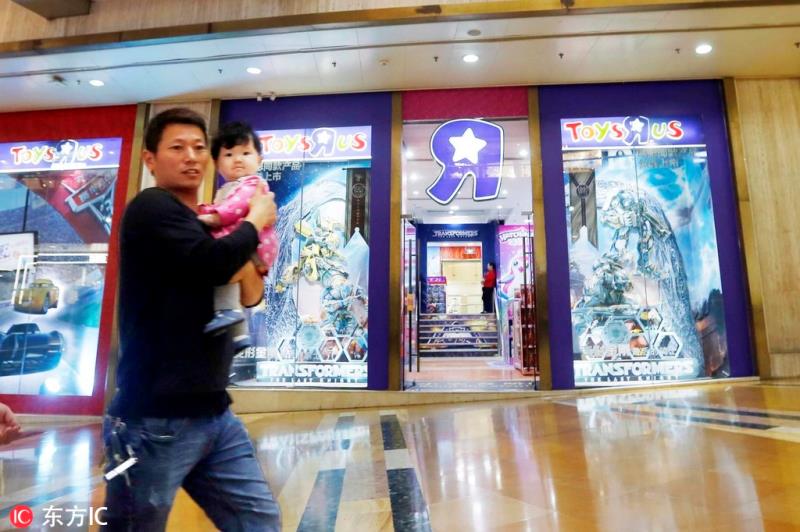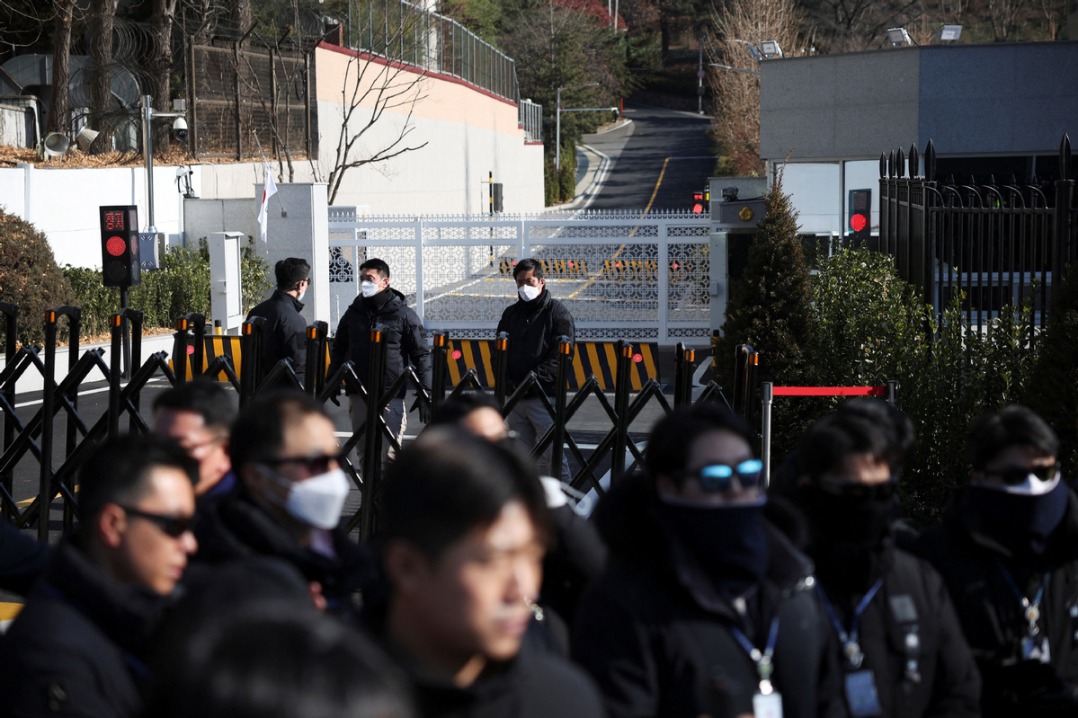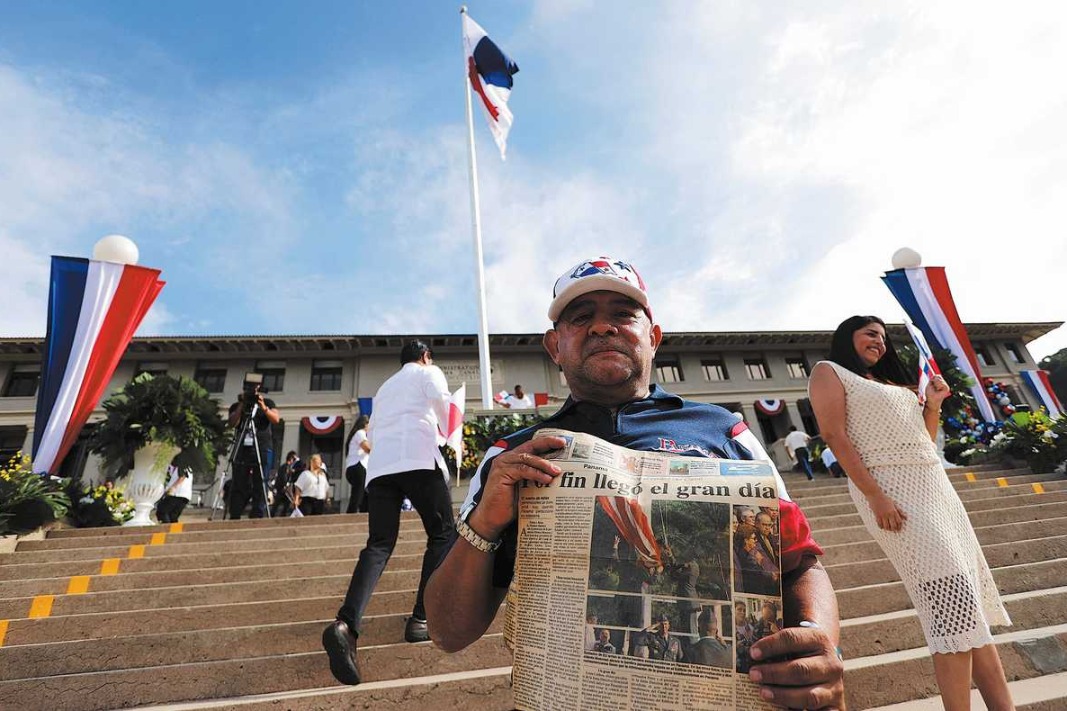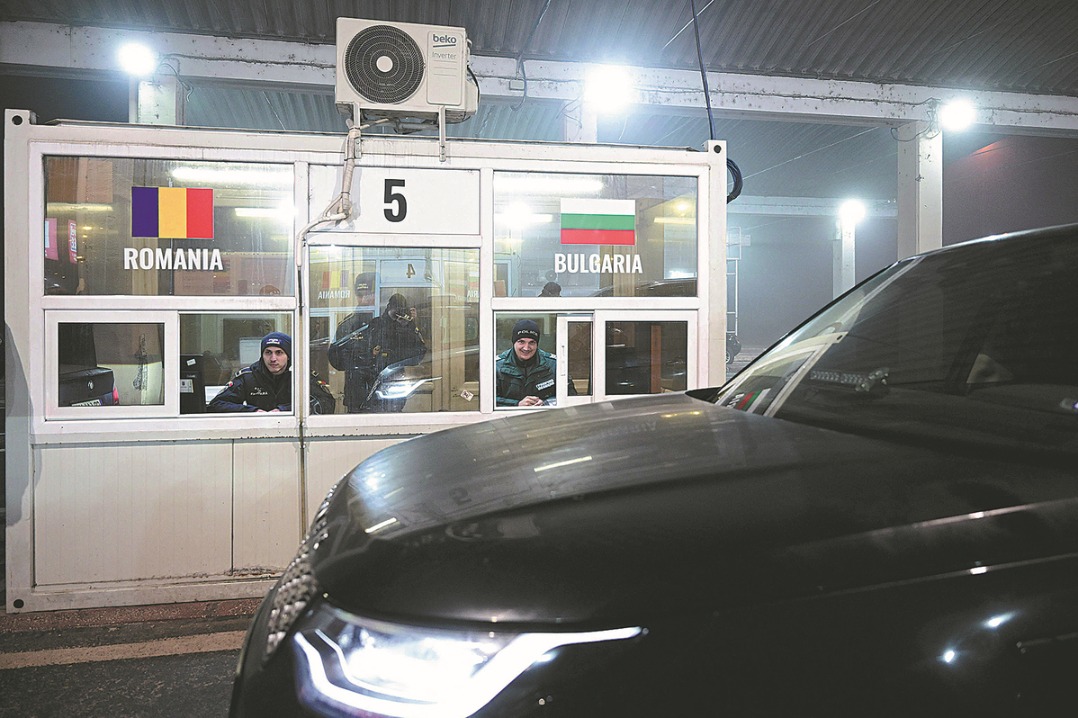Toy stores finding new life in China after closings in US


Toys R Us outlets are closed in the United States, but the brand's stores are still a popular destination for Shanghai resident Pan Wei. A 35-year-old manager for an entertainment company, Pan does most of his shopping online but prefers physical shops when buying toys for his daughter.
"When it comes to products for kids, we want to make sure it's safe, so we prefer going to toy stores," he said.
More than a year after the New Jersey-based chain filed for bankruptcy, forcing the closure of hundreds of stores and the layoff of 33,000 workers in the US, Toys R Us Asia is very much alive.
Last month, a group of Toys R Us creditors reached a deal with the retailer's Asian partner, Hong Kong-based Fung Retailing Ltd, to share control of the company's stores in China, Japan and Southeast Asia.
Other international brands also are betting that Chinese consumers are willing to go to physical stores with their children or grandchildren. Favorites like Lego Group and FAO Schwarz are among those targeting the Chinese toy-and-game market, which will be the world's largest by 2022, according to Bloomberg Intelligence.
The toy sellers are counting on changes in Chinese politics and society to help them gain a foothold in the world's most populous country.
The Chinese government ended the one-child policy in 2016 and is taking steps to encourage women to have more children.
Toys R Us Asia plans to add as many as 50 new stores next year in China. It's a big vote of confidence in brick-and-mortar retailing at a time when the growing popularity of e-commerce competitors contributed to the parent company's failure in the US.
"We are different than the rest of the Toys R Us world," said Andre Javes, president and chief executive officer of the Asian business, in an interview.
Net sales for China and Southeast Asia were $375 million for the year ended Jan 28, 2017, up about 3 percent from a year earlier, based on the company's last available regulatory filing. Sales fell 3 percent in the US over that period.
Many Chinese families in big cities, who often live in relatively small apartments, still look forward to going on trips to shopping malls.
FAO Schwarz, the New York toy store where Tom Hanks danced on a floor piano keyboard in the 1988 Penny Marshall movie Big, plans its Chinese debut in the new year.
After shutting its Fifth Avenue flagship in 2015, FAO Schwarz returned to New York in November with a shop in Rockefeller Center. Early next year, owner ThreeSixty Group Ltd plans to open a Beijing store near the capital's third ring road that will be larger than the Manhattan location.
ThreeSixty is partners with Hong Kong-listed Kidsland International Holdings Ltd on the Beijing store, targeting China as part of a strategy to leverage FAO Schwarz's reputation as an interactive destination for tourists and shoppers alike.
"Chinese consumers and especially millennials are looking for more than just buying an item off the shelf," ThreeSixty Chief Operating Officer Jan-Eric Kloth said in a statement. "They want to be engaged and entertained."
BLOOMBERG

































